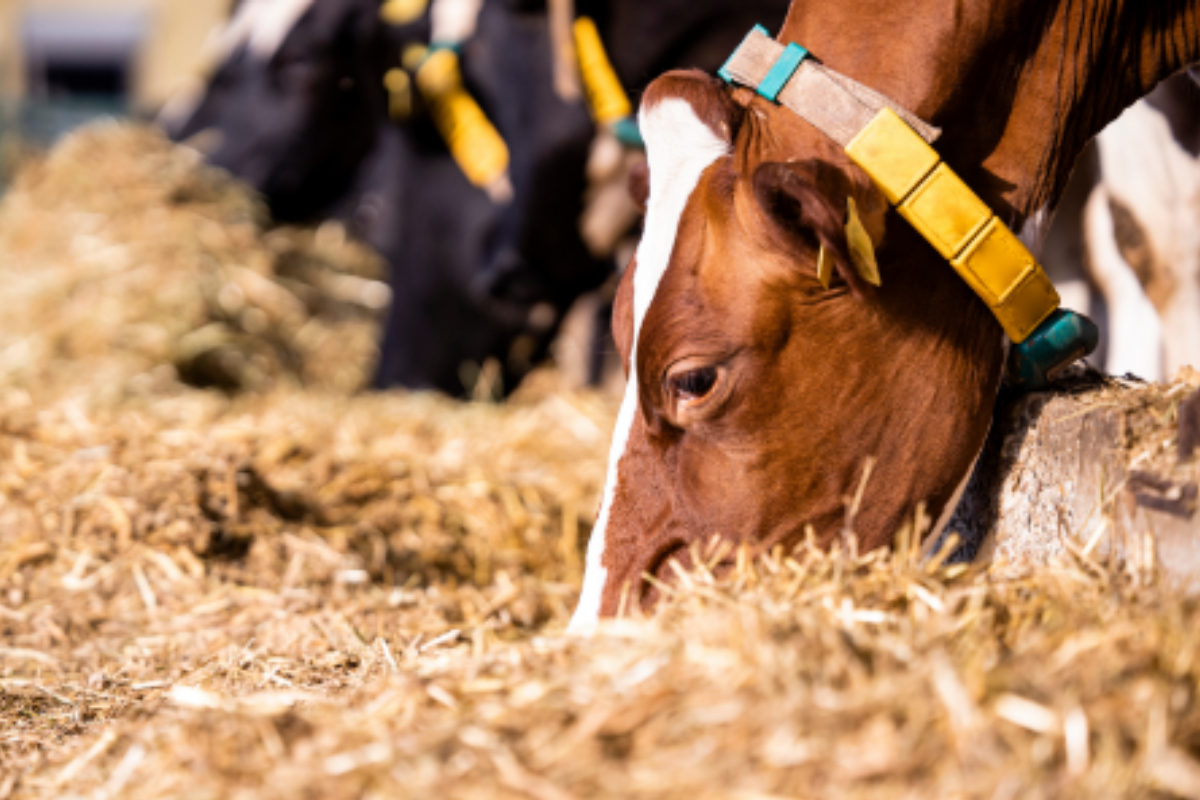Healthy Piglet Production with Probiotic and Prebiotic Farm and Feed Concepts.
According to recent studies, losses in piglet production can reach up to 17%. This creates a significant economic problem for farmers not only because of the high rate of loss, but also in terms of rising treatment costs and decreasing breeding performance. Diseases of the gastrointestinal tract in suckling and weaned piglets, especially diarrhea caused by E. coli and Clostridium ssp. are the main cause of breeding losses. Treatment with antibiotics and high levels of zinc oxide can be effective in preventing diarrhea in piglets, but can lead to problems caused by a disturbance of the microbial balance in the gut. Supporting healthy intestinal microbiota is highly recommended when it comes to animal nutrition and optimally preparing the piglet for critical phases.
Biochem supplies a wide range of solutions based on innovative farm and feed application concepts that not only combine intestinal health and cost efficiency on pig farms, but also help reduce the need for medications in piglet rearing.
Targeted support of diversity in the intestine benefits the piglet for a lifetime.
Newborn piglets are born with sterile intestines and an undeveloped immune system. Early exposure to diarrhea pathogens can quickly lead to an imbalance in the intestinal tract, which is one of the body’s most important immune systems. Pathogens can multiply rapidly and cause direct and indirect damage to the animal. This exposes newborn piglets to significant challenges in the early stages of development. Critical peak phases are often observed before the fifth day, or between the seventh and fourteenth day of life. In weaner pigs, stress factors such as early separation from the sow, an abrupt change in diet, an inadequately developed immune system or social stress can lead to an altered composition of the intestinal microbiota. This is frequently accompanied by weaning diarrhea. Diarrhea is often observed in weaned piglets within the first 14 days after weaning. If the suckling piglets are already sick, the risk of diarrheal diseases significantly increases. The aim is therefore to ensure prophylactic support of the piglets from birth as a means of developing functional microbiota that can withstand critical phases and lead to long-term physical health.
Biochem’s farm- and feed concepts offer a solution.
Biochem’s Bimulac® Pre, Bimulac® Weaner and Triple P® products offer farm and feed concepts that can be used for suckling pigs and weaned piglets. The synbiotic properties of probiotics and prebiotics in the different products reduce bacterial pathogens in the piglets to sustainably support optimal functioning of the intestinal microbiota. As a supplementary feed, the Bimulac® concept offers fast and targeted handling directly on the farm. As a combination of two feed additives, Triple P® enhances long-term feed rationing.

Figure 1: Bimulac® concept can play a key role.
Bimulac® concept for short-term use in the prevention of diarrhea.
Developed and tested in cooperation with veterinarians, Bimulac® Pre has been established in practice since 2014. In multiple studies with more than 25,000 suckling piglets, diarrhea was less frequent compared to control animals/control groups. This made it possible to reduce or discontinue treatment with antibiotics. Other field studies showed that drenching twice within the first week of life resulted in fewer diarrhea outbreaks in the experimental group (40% vs. 10%). Daily weight gain also increased significantly in piglets in the Bimulac® Pre group (180g vs. 160g, p <0.01) (Schmidt et al, 2018). The synbiotic effect of Bimulac® Pre, which includes pathogen inhibiting/binding as well as immune-stimulating properties, is more focused in Bimulac® Weaner and tailored to the weaned piglet. The supplement can be added to the feed using a micro-dose dispenser on-site. For the future, the Bimulac® concept can play a key role in supporting intestinal microbiota and reducing diarrhea along with the administration of antibiotics and zinc oxide.
Triple P®: long-term feed concept as a possible means of reducing antibiotics.
As a synbiotic additive combination, Triple P® is added to the feed as a continuous application. In addition to the high-dose probiotics in stress phases contained in the Bimulac® concept, TripleP® can be used for long-term administration via the feed. Thanks to its high stability and easy handling, Triple P® can be mixed directly into the ration or pelleted if necessary. The complementary modes of action of probiotics and prebiotics provide long-term stabilization of intestinal microbiota and help steadily improve animal health and performance. Continuous administration via the feed is essential. Many years of experience and multiple university studies and field tests confirm the effectiveness of Triple P®.
The most recent studies on weaned piglets show a significant reduction in antibiotic use (-27%) and mortality (2.2% vs. 1.6%) compared to the control group (Keimer & Schulte, 2018). In addition, fecal consistency in the Triple P® group was significantly improved over the control group (Fig. 1), which is an indication of intestinal health.

Figure 2: Effect of Triple P® on fecal consistency.
Coordinated concepts based on feed additives and feed supplements can be key components of a successful strategy for reducing zinc oxide and antibiotics in piglet breeding.











